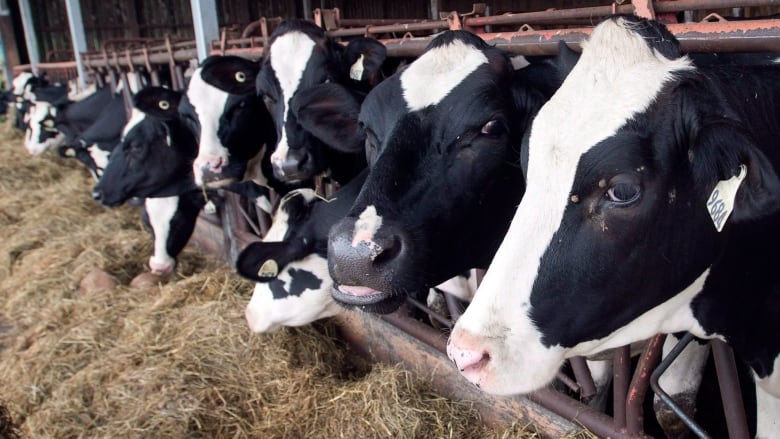Butter shortage forces Canada to import 8.8 million pounds of butter


If you're buying Christmas shortbread from your local bakery, there's a chance the butter they used to make it was technically from Uruguay. Or New Zealand. Or Ireland. Or maybe Belgium.
Canada is facing a serious butter shortage and it has prompted the Canadian Dairy Commission to look further afield. Canada has already imported 8.8 million pounds of foreign butter to make up for the gap. In turn, the commission delivers that butter to creameries in Canada, where they re-work it and add their own labels.
"We're not looking to buy butter," Greg Nogler, vice-president of sales at Stirling Creamery, tells As It Happens co-host Carol Off.
"We produce butter from fresh cream and our butter has, I think, some unique characteristics that honestly our customers, consumers, would notice right away."
Despite the pressure of operating with less than 25 per cent of their usual supply of cream, the company has opted to decline orders to maintain their product standard. Nogler adds that Stirling Creamery is not properly equipped to receive and rework the imports.
"It's been difficult and hard of course on our team and our revenues are obviously much lower than we would like to see," Nogler admits. "We've elected to not supply the product — we really don't have too many other choices."

Nogler says the problem is a "good news, bad news" story. While butter consumption is growing and "regained its position relative to margarine," Nogler says the Canadian Diary Commission has failed to forecast the trend.
"I think the industry would be in consensus that for whatever reason the Canadian Dairy Commission has perhaps not kept abreast or are not as close to the trend as we might have wished," Nogler explains.
"Ultimately, the Canadian Dairy Commission, they are the ones that decide on the quota of milk to be produced across the country."
When asked whether Stirling Creamery will be able to survive the shortage, Nogler admits at the current rate, the company may be forced to close.
"We pride ourselves on butters of distinction," Nogler explains. "It's one batch at a time, handmade, and we've been doing it that way for 90 years. In fact, this is our 90th year of operation so it would be a real shame if it ended on that note."